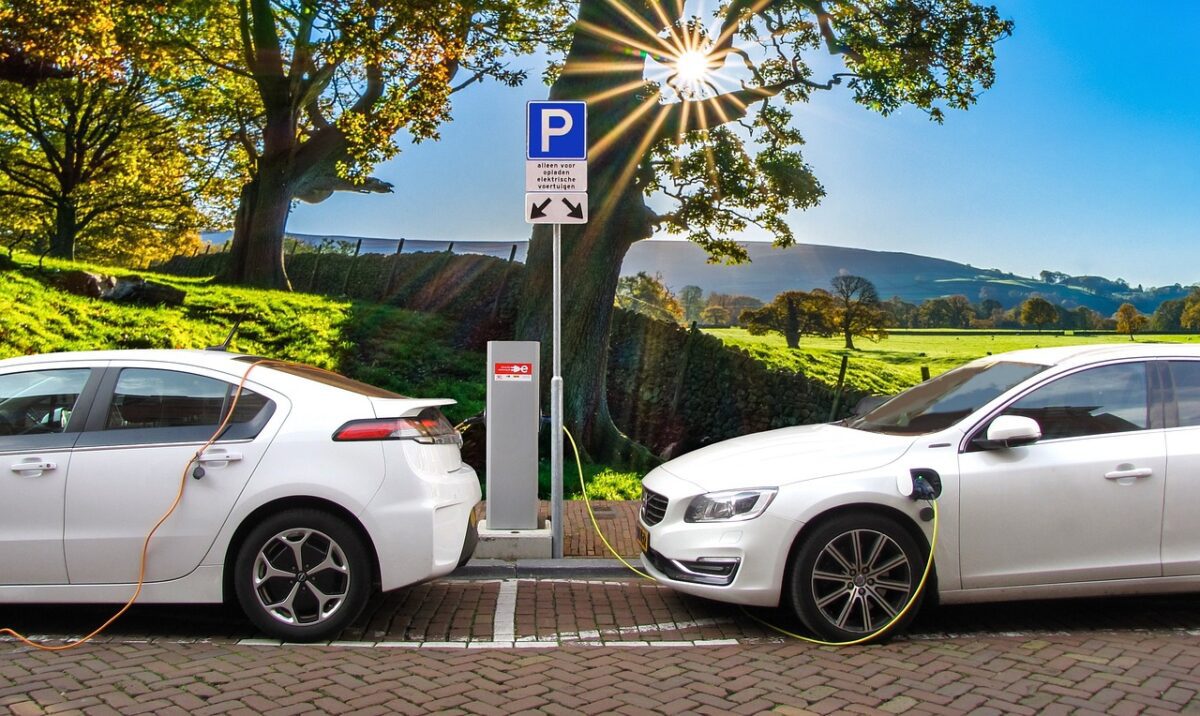Physical Address
304 North Cardinal St.
Dorchester Center, MA 02124
Physical Address
304 North Cardinal St.
Dorchester Center, MA 02124

Wanna know about the new law that could save you big bucks on your next electric car?
Well, buckle up and get ready for a wild ride! The Inflation Reduction Act, signed by President Biden in 2022, has great incentives for those who buy an electric vehicle (or EV).
This law focuses on reducing inflation, fixing the deficit, and fighting climate change.
But the best part?
There’s a super cool new EV tax credit that could make it simple for you to switch to an electric car. This article will answer the common questions many have about this new tax credit.
Find out how much you can save, who qualifies, and what it all means for you and your wallet.
Whether you’re driving a brand-new electric car or a used one, we’ll tell you everything you need to know to get the best deal possible. So get ready to rev up your engines and save some serious cash!
The Inflation Reduction Act (IRA) aims to increase EV adoption in two ways. One is by boosting the manufacturing of EVs in the US. The other is about giving consumers incentives to buy EVs.
This is done through the electric vehicle tax credit, also known as the EV credit. It’s a tax credit available to taxpayers who purchase eligible plug-in electric or “clean” automobiles.
The new EV tax credit created in the IRA provides a maximum credit of $7,500 for new EVs. There is a maximum credit of $4,000 for used EVs. The amount of the credit is limited to 30% of the vehicle’s transaction price.
The tax credit created in the Inflation Reduction Act extends the EV tax credit to December 2032.
If you buy an EV, you can claim the credit in the year the electric vehicle is delivered.
The amount of the credit is determined by a calculation that considers factors such as the source and assembly of the car.
Used EVs (i.e., previously owned clean vehicles at least two years old) are eligible for a special tax credit of up to $4,000 or 30% of the vehicle’s purchase price, whichever is less. However, a previously owned EV purchased for resale does not qualify.
The EV tax credit applies to all “clean vehicles” under the Inflation Reduction Act. This means a hydrogen fuel cell vehicle or a plug-in hybrid vehicle with a battery capacity of 4 to 7 kilowatt-hours could qualify. Some clean commercial vehicles may also be eligible, depending on their weight.
Beginning in 2024, if you buy a clean vehicle, you will have the option of receiving the EV tax credit as a discount. You would essentially transfer the credit to the dealer, who would then be able to reduce the price of the vehicle by the amount of the credit. This is a great option if you don’t want to wait until tax filing season to receive the electric vehicle tax credit.
The IRA does have some price limitations on eligible vehicles. To qualify, vans, SUVs, and pickup trucks must have an MSRP (manufacturer’s suggested retail price) of $80,000 or less beginning in 2023. The limit on other vehicles, such as sedans and passenger automobiles, is $55,000. The maximum price for used autos is $25,000.
To qualify for the tax credit, you must make less than the modified adjusted gross income limit in the law.
If your modified adjusted gross income is over $150,000 and you are single, you will not qualify for the EV tax credit. The maximum income eligible for the new EV tax credit for married couples filing jointly is $300,000.
If you file as head of household and earn $225,000 or more, you cannot receive the electric vehicle tax credit.
What happens to the electric vehicle tax credit for cars bought in 2022? The Inflation Reduction Act helps EV buyers who signed contracts in 2022 to purchase EVs that will be “placed in service” on or after August 16, 2022, or in 2023. For IRS purposes, “placed in service” means “delivered.”
Suppose you bought an electric car before the Inflation Reduction Act went into effect (August 16, 2022) and that car is eligible for the old EV tax credit. In that case, you can claim that credit under the rules that were in place before the Inflation Reduction Act went into effect. Even if you don’t get the EV until after August 16, 2022, this is still the case.